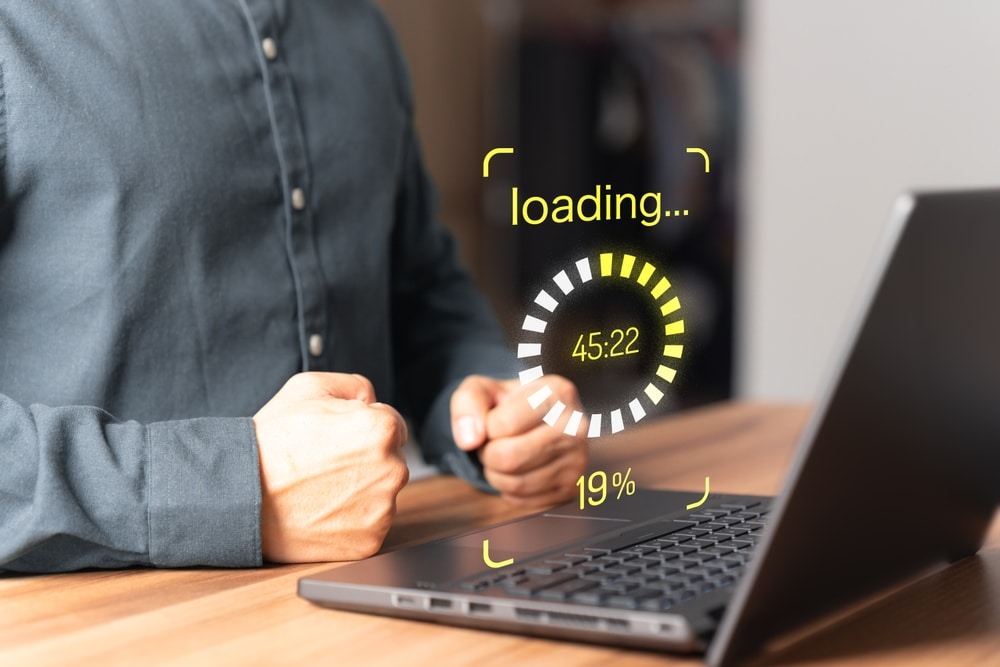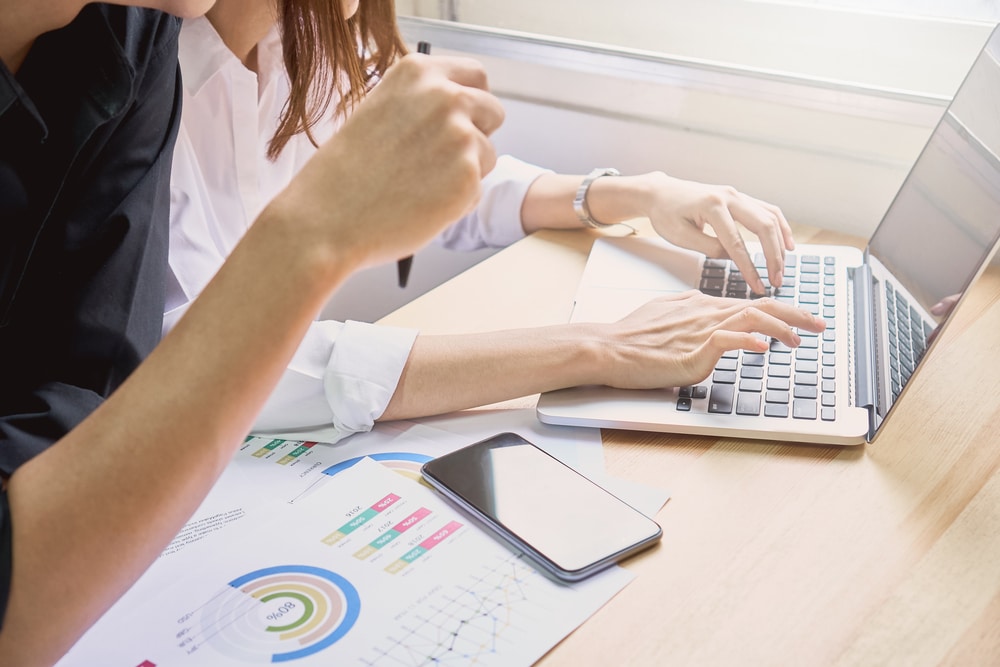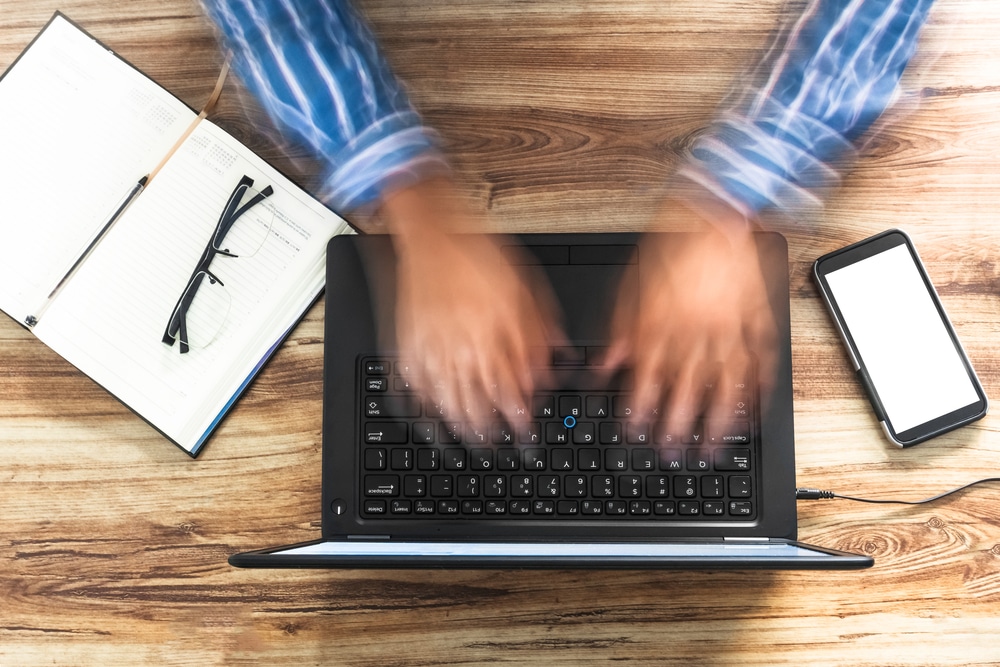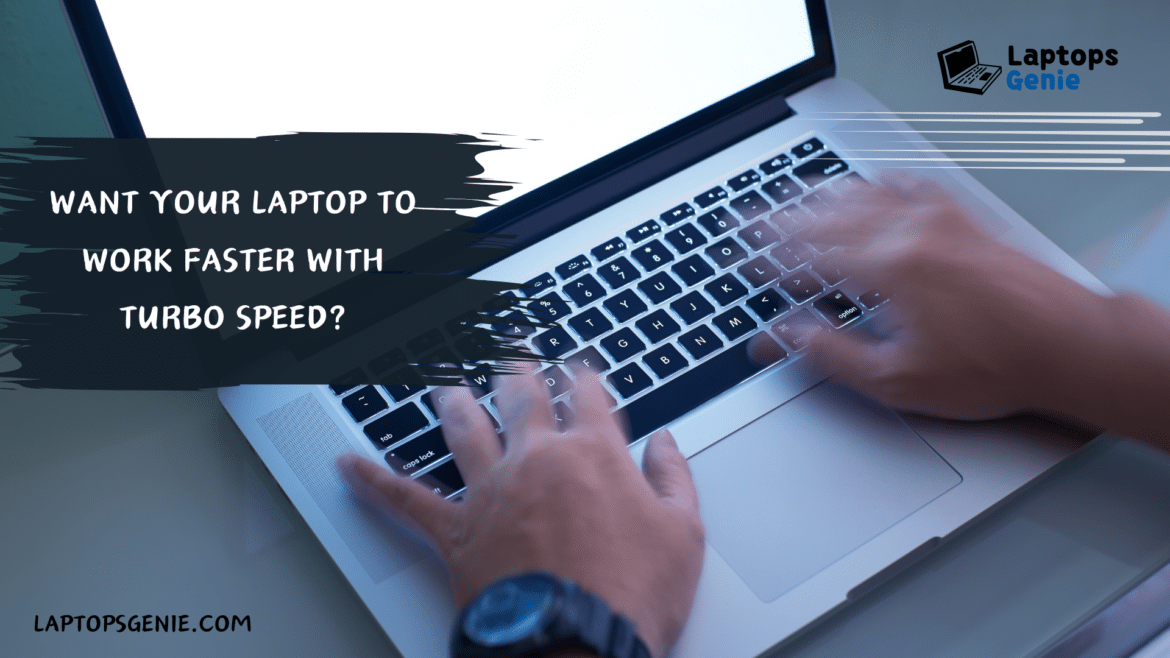Table of Contents
Is your laptop slowing down a bit? Aghh, the BIG ISSUE a sluggish laptop. We must inform you that there could be several reasons leading to this. You must all agree that speed affects the performance of your PC. Hence, to make your laptop faster, you must finally do that disk cleanup you’ve been waiting for. Because it is always really annoying if your laptop slows down in the middle of a game or a task. Because who doesn’t want a swiftly working laptop? Moreover, you ask for a laptop without the grinding noise of the fan. However, if you think only one factor affects speed, that may not be the case. Various causes may be behind the sluggish working of your PC or laptop. Hence, you need to explore the root causes and their fix-up with us to find all those reasons. So, let us not waste further time and start making our laptops run faster!
A Sluggish Working Laptop
Laptops are not easy to maintain; we must tell you that. There may be various issues that become hurdles in the performance of your gadget. Sometimes, you may see certain shadows on your screen, which could be worrisome. Otherwise, there might be internal issues affecting its boosting speed. Now, you can increase the speed of your laptop by concentrating on performance optimization, which includes clearing off disk space, using Task Manager to control background processes, and modifying visual effects settings for greater effectiveness. To increase the speed of data access, think about making hardware improvements like adding a solid-state drive (SSD). Restarting your HP laptop or any other company’s PC regularly might also keep its performance at its best. All these actions add up to a computer experience that is quicker and more responsive. Firstly, let us look at some of the possible causes behind this.

Causes of a Slow Working Laptop
What are the things that caused a sluggish working laptop? Numerous factors might cause old laptops to slow down; therefore, troubleshooting is necessary to find and fix the problems. At times, a slow performance may be caused by several things.
- Program Problems: Software bugs or conflicts can greatly impact performance. It is essential to check that all programs are up to date and troubleshoot any software-causing problems.
- Resource-Heavy Programs: Running an application that uses a lot of RAM, CPU, or disk space might cause the system to lag. Locating, closing, or improving such programs can reduce this pressure.
- Hardware Shortage: Insufficient RAM or CPU power may restrict your laptop’s performance. Smoother functioning may require upgrading to a faster CPU or adding more RAM, especially when handling demanding tasks.
- Storage Problems: Your hard disk (HDD) or solid-state drive (SSD) may run out of storage capacity, causing performance deterioration. It’s crucial to regularly remove unwanted files and ensure there is enough free space.
- Maintenance Requirements: Neglected routine maintenance duties may cause performance to suffer over time. Tasks like freeing up disk space, defragmenting HDDs (if necessary), upgrading software, and maintaining drivers can increase efficiency.
- Using Outdated Software: Using outdated drivers, web browsers, or operating systems might result in compatibility problems and decreased performance. However, these issues can be avoided by keeping everything up to date.

A Guide to Make Your Laptop Go Faster
Is your laptop slowing down? The following actions can help you determine and fix typical problems that might be slowing down your laptop.
1. Recognize Programs with a Lot of Resources
- Find out which apps consume most of your laptop’s resources and start speeding it up.
- Choose Task Manager by pressing Ctrl + Alt + Delete.
- Click the Processes tab to see the memory, CPU, and disk used.
- To free up resources for improved performance, close any programs that aren’t necessary.
2. Stop Program Startups
- Numerous Startups include automatic program loads startup, which starts up at various times.
- Press Ctrl + Alt + Delete to launch Task Manager, then select the Startup tab.
- Turn off the Startup-start feature for pointless programs to speed up boot time and conserve RAM.
3. Delete Any Unused Programs
- Programs not in use may run in the background and use important disk space.
- Click on the Control Panel and choose Programs and Features.
- To decrease background activity and free up disk space, right-click on any apps you don’t need and select Uninstall programs.
4. Invest in RAM Upgrades
- System responsiveness and multitasking may need to be improved by adequate RAM.
- Task Manager (Ctrl + Alt + Delete) can be used to view RAM availability and utilization information.
- If necessary, increase RAM capacity to improve speed and performance when working on demanding jobs.
5. Defragment your Hard Drive
- It is not required for solid state drive SSDs but only for conventional hard disk drives (HDDs).
- For faster access and increased system speed, fragmented data is rearranged by defragmentation.
- Type Defragment into the search box to optimize your HDD and adhere to the instructions.

Final Thoughts
As we finally conclude, we’d advise you to take a few simple measures to optimize your laptop’s performance. Select Task Manager or the Control Panel to find and delete any programs that aren’t necessary to start. Eliminate temporary files and turn off memory-consuming startup programs to freeing up space. Increase efficiency further by modifying the graphics and considering upgrading the solid-state drive. Restarting your computer regularly and keeping your operating system updated is also essential.
In conclusion, implementing these tips can significantly increase your laptop’s speed and responsiveness, guaranteeing a more enjoyable and efficient computing experience.
ENJOY WORKING WITH A TURBO SPEED!
